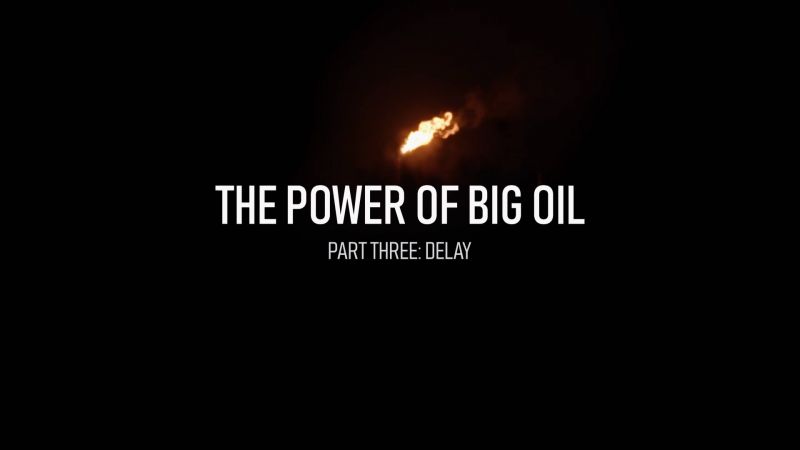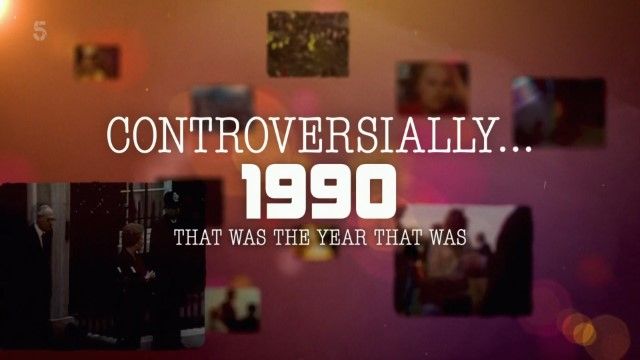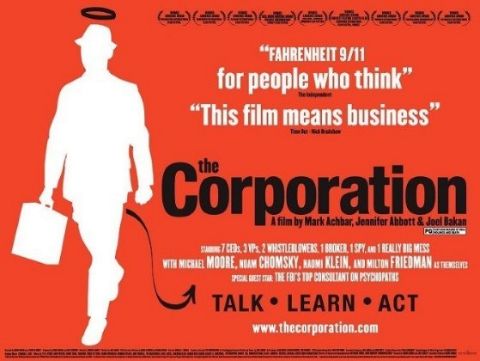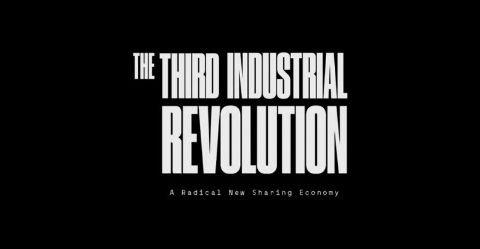Denial • 2022 • episode "S1E1" • The Power of Big Oil
FRONTLINE’s three-part series The Power of Big Oil examines the fossil fuel industry’s history of denying climate change by delaying action and casting doubt on scientific research. This first part charts the fossil fuel industry’s early research on climate change and investigates the efforts to sow seeds of doubt about the science.
Make a donation
Buy a brother a hot coffee? Or a cold beer?
Hope you're finding these documentaries fascinating and eye-opening. It's just me, working hard behind the scenes to bring you this enriching content.
Running and maintaining a website like this takes time and resources. That's why I'm reaching out to you. If you appreciate what I do and would like to support my efforts, would you consider "buying me a coffee"?
Donation addresses
BTC: bc1q8ldskxh4x9qnddhcrgcun8rtvddeldm2a07r2v
ETH: 0x5CCAAA1afc5c5D814129d99277dDb5A979672116
With your donation through , you can show your appreciation and help me keep this project going. Every contribution, no matter how small, makes a significant impact. It goes directly towards covering server costs.








